This year’s federal election was insane. It was chaotic. It was all over the place. And it has catastrophic consequences for this country.
Let’s not bother with semantics – we need to cut right to the chase. Anthony Albanese is the Prime Minister of Australia. Labor has a majority government, albeit only just, which means it will be able to govern in its own right.
Already a subscriber? Log in
Subscribe for just $2 a week
Try a month of The Spectator Australia absolutely free and without commitment. Not only that but – if you choose to continue – you’ll pay just $2 a week for your first year.
- Unlimited access to spectator.com.au and app
- The weekly edition on the Spectator Australia app
- Spectator podcasts and newsletters
- Full access to spectator.co.uk
Or


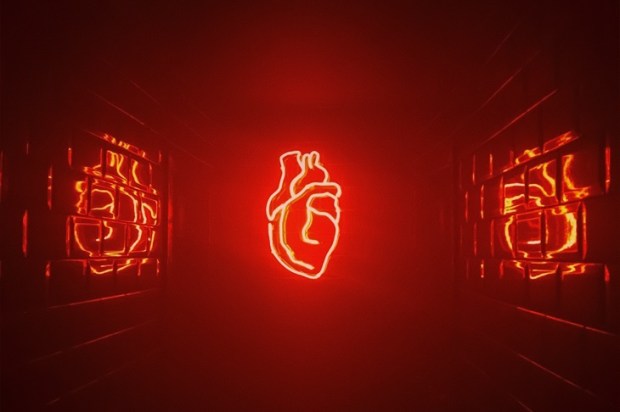
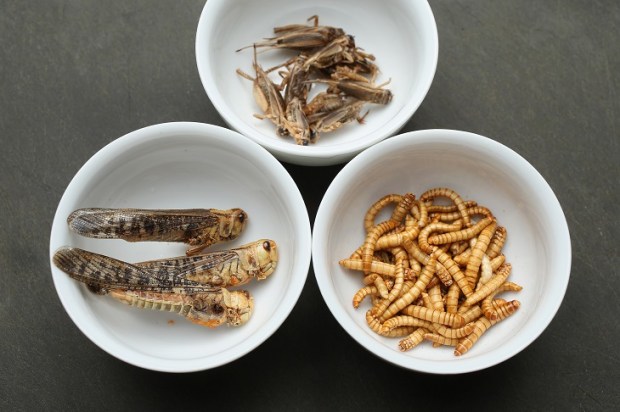
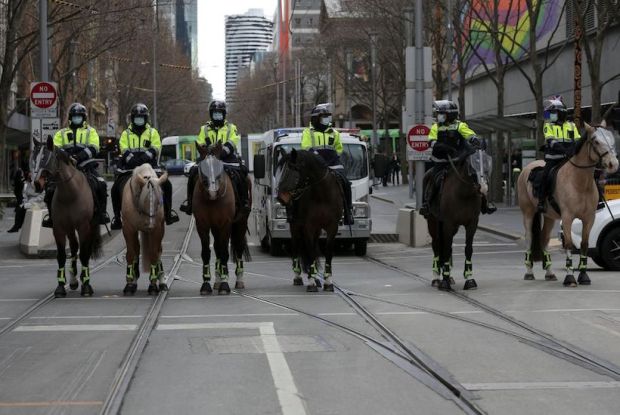
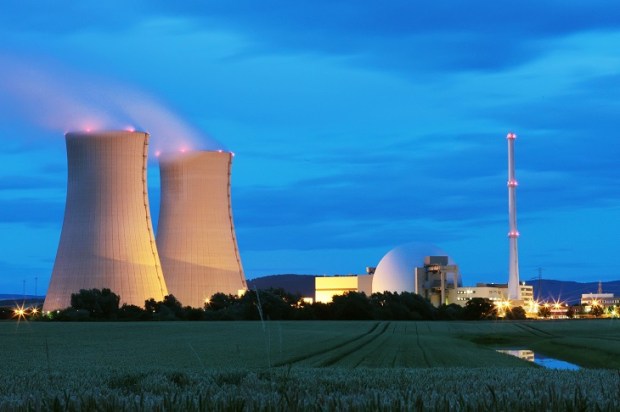
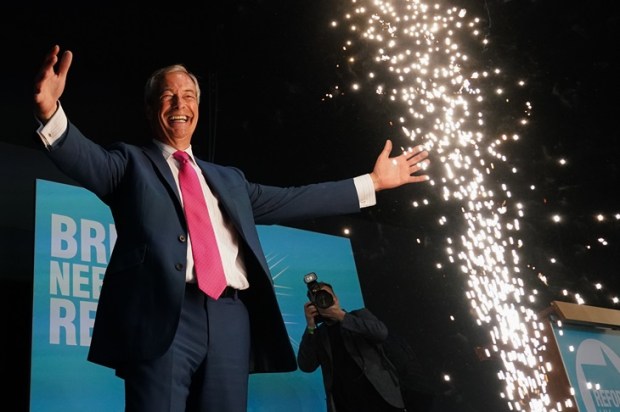
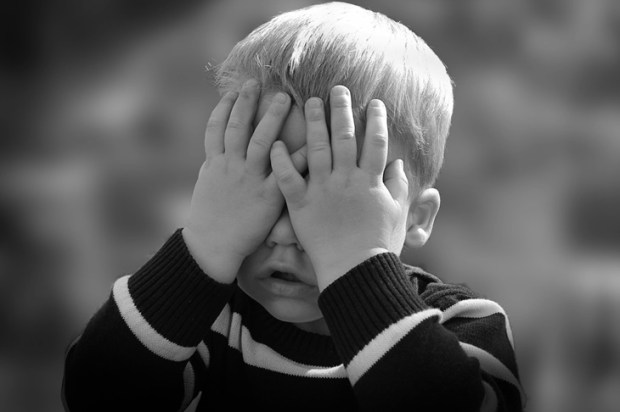


















Comments
Don't miss out
Join the conversation with other Spectator Australia readers. Subscribe to leave a comment.
SUBSCRIBEAlready a subscriber? Log in